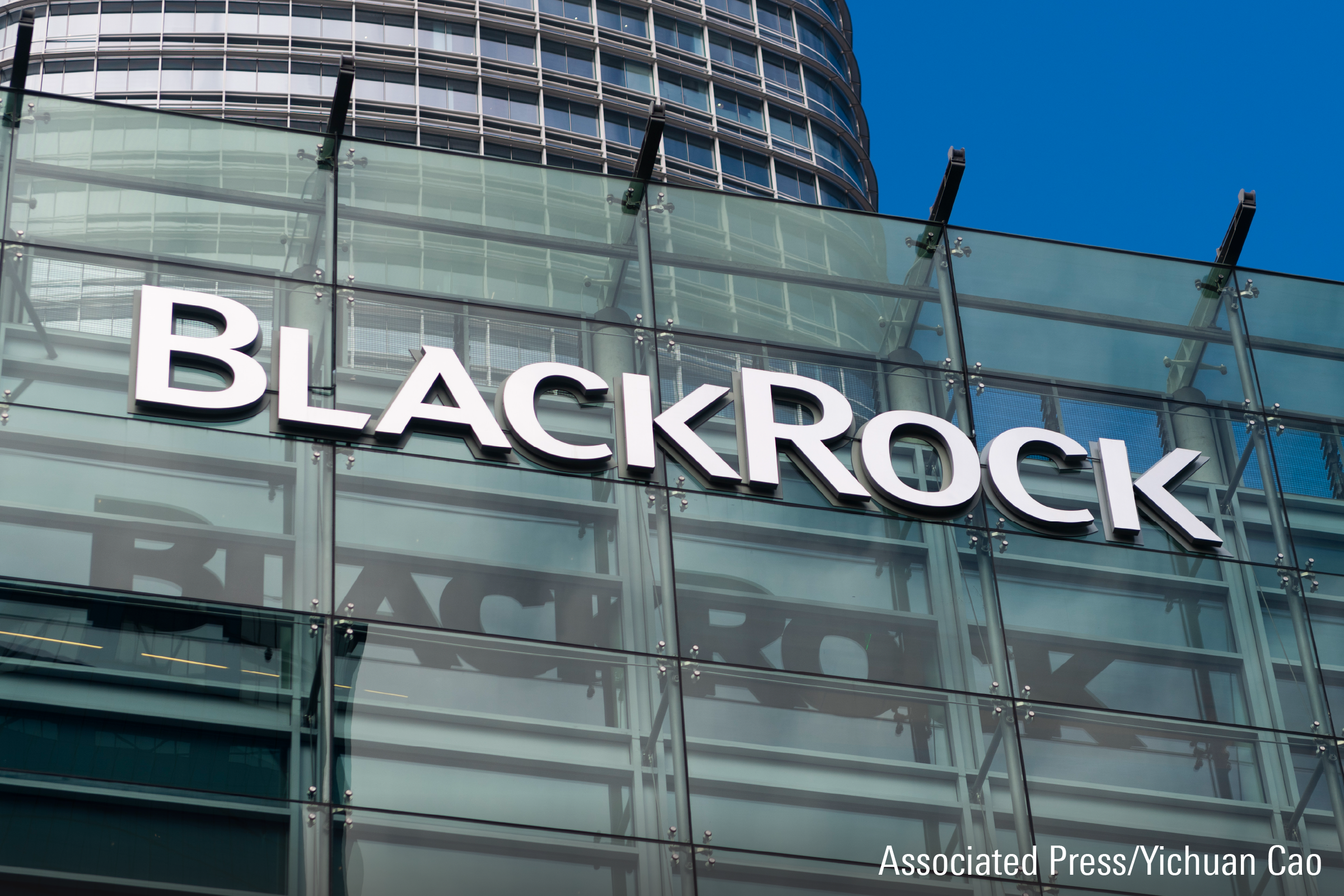BlackRock Earnings: Better Bottom-Line Results Despite Weaker-Than-Expected Flows and Market Gains
We expect to slightly lower our $810 fair value estimate on BlackRock stock.

BlackRock Stock at a Glance
- Fair Value Estimate: $810
- Morningstar Rating: 3 stars
- Morningstar Uncertainty Rating: High
- Morningstar Economic Moat Rating: Wide
BlackRock Earnings Update
While there was little in wide-moat-rated BlackRock’s BLK second-quarter earnings that would alter our long-term view of the firm, we do expect to slightly lower our $810 per share fair value estimate to account for weaker flows and market gains than we forecast, which affects our near-term expectations. BlackRock closed out June 2023 with $9.425 trillion in managed assets, up 3.7% sequentially and 11.0% on a year-over-year basis but below our forecast for $9.500 trillion in assets under management.
Net long-term inflows of $57 billion during the quarter were below our expectations for $100 billion in positive flows and reflective of annualized organic AUM growth of 2.7% (just under the lower end of our long-term annual organic AUM growth target of 3.0%-5.0%). That said, the company did produce annualized organic AUM growth of 5.2% during the first quarter, leaving first-half organic AUM growth near the middle of our long-term forecasted range.
While average AUM was up 1.8% year over year during the second quarter, BlackRock recorded a 2.1% decline in base fee revenue growth as product mix shifts and changing fee rates led to a 3.8% decline in the firm’s realization rate. Total revenue was down 1.4% year over year, as higher performance fees and technology services revenue offset weaker distribution fee income and asset-based fees. First-half revenue growth of negative 5.6% was worse than our full-year forecast, which called for flat-to-positive low-single-digit top-line growth during 2023, but the firm does face easier comparables in the back half of the year.
As for profitability, BlackRock posted a 210-basis-point year-over-year decline in first-half generally accepted account principle operating margins to 35.1% because of higher compensation and administration costs. On an adjusted basis, first-half operating margins were down 240 basis points to 41.5%. Adjusted earnings per share of $9.28 for the June quarter was better than our forecast of $8.57 and the FactSet consensus estimate of $8.52.
Equity Flows a Disappointment
Looking more closely at BlackRock’s flows during the June quarter, total equity outflows of $4.3 billion were a disappointment, given the improvements in equity markets over the last couple of quarters. The outflows were driven primarily by net redemptions from BlackRock’s active equity fund platform ($9.7 billion) and institutional equity index offerings ($8.5 billion), offset somewhat by positive flows for its iShares ETF operations ($13.9 billion). Equities remain BlackRock’s largest asset-class category, accounting for 53% of firmwide AUM—spread across its active (4%), institutional index (24%), and iShares (25%) platforms—at the end of June and 51% of base fee revenues during the second quarter.
Given the meaningfully higher fees BlackRock charges for its active equity operations (of 49 basis points relative to 20 basis points for iShares equity exchange-traded funds and 4 basis points for its institutional equity index offerings), we’ve always noted that any improvement (in both the investment performance and organic AUM growth) in this part of the company’s business would be beneficial to base fee growth longer term. The key to keeping flows positive in the firm’s active equity operations is to have the group’s three- and five-year investment performance results in the upper quartile consistently.
The author or authors do not own shares in any securities mentioned in this article. Find out about Morningstar’s editorial policies.


/cloudfront-us-east-1.images.arcpublishing.com/morningstar/E3DSJ6NJLFA5DOKMPQRAH5STMU.png)
/cloudfront-us-east-1.images.arcpublishing.com/morningstar/EGA35LGTJFBVTDK3OCMQCHW7XQ.png)
/cloudfront-us-east-1.images.arcpublishing.com/morningstar/DWP2KUBV6BHUNKMQTELEH3U7NI.jpg)